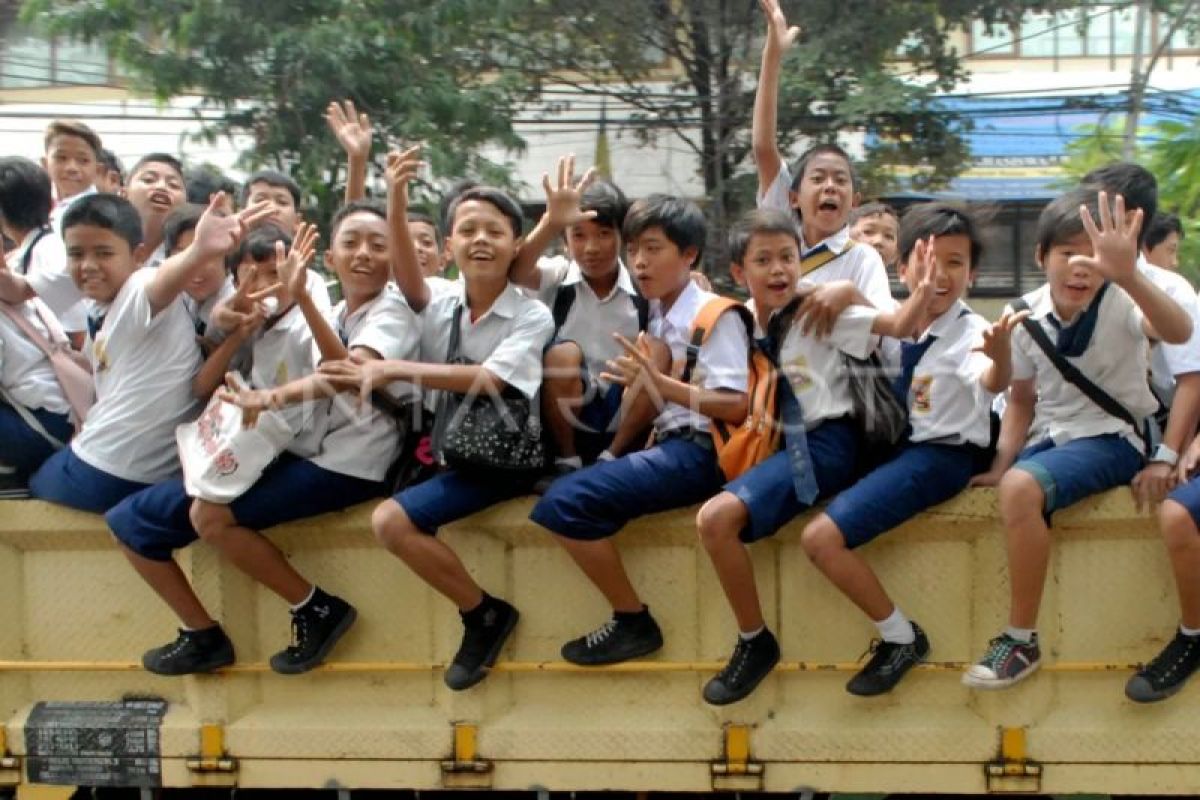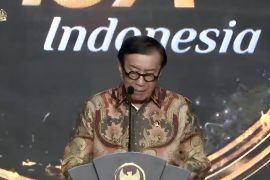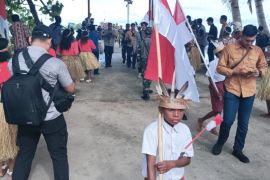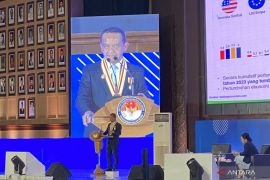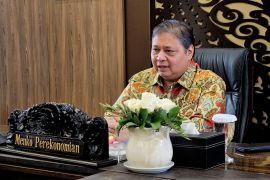The demographic bonus period is when the size of the population of productive age (15–64 years) will be higher than the non-productive age (65 years and older) population and account for more than 60 percent of the total population of Indonesia.
This opportunity must be tapped with the help of careful planning.
The government is currently working on several programs to realize the Golden Indonesia 2045 Vision.
The abundance of productive human resources will not bear fruit if there are no jobs that match their skills and the fields they have mastered.
Therefore, the government is preparing diverse job opportunities and opening up investment opportunities within the country and abroad.
The demographic bonus will offer a strategic opportunity for Indonesia to accelerate development with the support of its abundant productive-age human resources (HR).
Furthermore, Indonesia has committed to achieving the Sustainable Development Goals by 2030.
In line with this, the government has rolled out the Golden Indonesia Vision 2045 in the hope of creating a quality and productive generation.
According to Coordinating Minister for Human Development and Culture, Muhadjir Effendy, the state's task is to intervene and create jobs through investment.
So investment, whether it involves domestic or foreign funding, including inviting foreign capital to Indonesia, is meant to create jobs for the productive generation, he explained.
The minister said that the government is currently highly focused on job creation to ensure that the demographic bonus can be maximally utilized.
"We will lose momentum if we don't take advantage of this demographic bonus," he added.
To achieve the Golden Indonesia vision of making Indonesia a "sovereign, advanced, and sustainable archipelagic country," the government is focusing on four main pillars: human development and mastery of science and technology; sustainable economic development; equitable development; and stronger resilience and governance.
Besides, Indonesia also has strengths that must be utilized well, for instance, it has the fourth largest population in the world after China, India, and the United States.
Thus, the demographic bonus opportunities for Indonesia must be optimized.
Indonesia is strategically located between the continents of Asia and Australia, as well as between the Indian and Pacific Oceans, which has made it advantageous in international trade.
The demographic bonus is important because all the younger students are part of it. The demographic bonus will become an asset, and it will become a productive value if the human resources are superior and strong, Coordinating Minister for Economic Affairs, Airlangga Hartarto, said.
However, a number of challenges still need to be faced to achieve the Golden Indonesia vision, for instance, in terms of the level of education and productivity of human resources, which still need to be improved, and climate change, which has resulted in the postponement of the main harvest season.
According to Hartarto, Indonesia needs to change its approach to building the future from reformative to transformative in three areas: economic, social, and governance.
President Joko Widodo has pushed transformation to bring national economic growth to the current level of 5 percent, he said.
Five percent is a high figure compared to other nations. It indicates that Indonesia is stronger than developed and developing countries. The nation's inflation rate is also relatively low at 2.6 percent.
To give an analogy, economic growth is like climbing a mountain: the higher the mountain is, the harder it is to climb.
Hartarto said that inflation must be low and growth must be high so the number of people with good incomes will increase.
Indonesia is also optimistic that in 2024, its economy will grow by 5.2 percent, he added.
Currently, the government is continuing to mobilize and maximize three economic engines so that they can continue to function sustainably to create prosperity and welfare for the community, he said.
First, revitalizing and increasing the capacity of conventional economic machines so that there is a big jump in productivity. The revitalization of this machine includes pushing new investments and boosting exports.
Second, developing a new economic engine that will function as an accelerator of future growth. This includes the application of digital applications and artificial intelligence, the development of the semiconductor industry, as well as the development of the green economy and renewable energy to create new jobs while achieving the net-zero emissions target by 2060.
Third, perfecting a just economic engine by increasing community participation and maintaining socioeconomic sustainability through aspects of health, education, decent work, perfecting programs to eradicate extreme poverty, providing social assistance, and empowering lower middle-class communities as well as small and medium enterprises (SMEs).
Overall, a quality human resources development program is one of the keys to achieving Golden Indonesia 2045 and welcoming the Demographic Bonus 2030.
The quality of human resources in a country determines its development.
The quality of human resources can be seen from the Human Development Index, specifically the health, education, and income dimensions.
Editor: Anton Santoso
Copyright © ANTARA 2024
